With the introduction of Bring Your Own Device (BYOD) into the workplace, holes have appeared within many organisations’ security and compliance applications. Holes which some IT users are blind to.
Software programs such as OneDrive, GoogleDrive and Dropbox that users install on their personal equipment to move files to work on outside of the workplace, are highly susceptible to such “holes”. These transferable documents may contain sensitive data and can pose a threat to any organisation if compromised.
Cloud Access Security Broker (CASB) and Data Leakage Protection (DLP) software is designed to eliminate such issues.
What is CASB?
- CASB stands for cloud access security broker.
- It is an application that separates the company’s own on-premises infrastructure and an external cloud provider’s infrastructure.
- CASBs identify active cloud applications and detect high-risk users and applications.
- CASB extends organisational security policies beyond internal infrastructure.
What is DLP
- DLP stands for data loss prevention.
- DLP products enable network administrators to regulate the business data that users can transfer to ensure confidential or sensitive data is not sent outside the business network unless authorised.
- DLP applications use predefined rules to categorise and protect confidential information to prevent users from sharing such data, be it accidentally or maliciously.
Forcepoint has developed its Cloud Access Security Broker (CASB) and Data Leakage Protection (DLP) applications to offer organisations an effective and efficient way to protect business-critical, sensitive data.
Forcepoint CASB along with its sister product Forcepoint DLP allows organisations to monitor who, what and when with regards the movement of information and data between the organisation and the cloud applications installed on user devices.
The software allows IT departments to discover and assess the risks of the unsanctioned cloud apps and will also enable tighter control of sanctioned cloud apps, facilitating a greater understanding of organisational data flow and the prevention of critical data loss.
These two Forcepoint products have been recognised as the market leaders in this area by analysts. They provide industries with the most complete data protection platform, utilising its functionality in data discovery and data leakage prevention and as such provide a secure base for organisations to meet industry compliance requirements such as the General Data Protection Regulation (GDPR).
Never has an IT department’s role in the protection of data been as crucial as it is today. Educating employees is a fundamental starting point. And to take care of the inevitable mishaps, having the right protection in place is imperative.
Take a look at the Forcepoint webpage to find out more.



